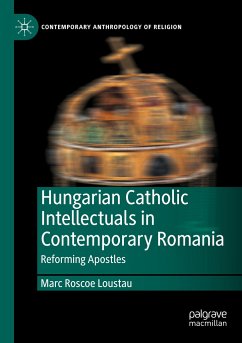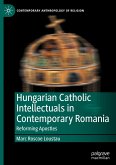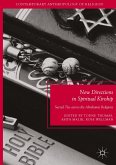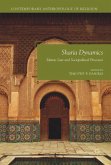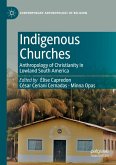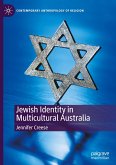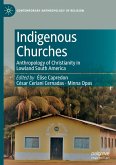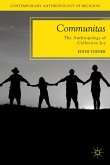Set against the backdrop of the rise of right-wing Christian nationalism in Eastern Europe, this book declares that Catholic theologians ought to be understood and studied as intellectuals: socially and historically situated creators of national cultural traditions. While the Romanian government funds thriving schools for the country's Hungarian minority, NGOs founded by Transylvanian Hungarians continue to organize volunteers to supplement this formal pedagogy. These volunteers understand themselves to be reviving a national tradition of "serving the people" by educating the region's rural Hungarian populace.
While this book is about the challenges Catholic educators face in teaching villagers, it is just as much about their new effort to call groups of volunteers from across the border in Hungary to teach alongside them. In these encounters, Transylvanian Hungarian educators remake their intellectual tradition, especially ideas about the basis of pedagogical authority, the ethical character of the nation, and the social location of selfhood. When contemporary Catholic intellectuals urge teachers to manifest their national self-consciousness, they carry with them the assumption that selfhood emerges where humans collaborate with God. While Transylvanian Hungarian intellectuals are enmeshed in constant competition, by focusing on contemporary theologians New Magyar Apostles unmasks the struggle over the nature of divine presence that animates this revival of a Christian national tradition of intellectual service.
While this book is about the challenges Catholic educators face in teaching villagers, it is just as much about their new effort to call groups of volunteers from across the border in Hungary to teach alongside them. In these encounters, Transylvanian Hungarian educators remake their intellectual tradition, especially ideas about the basis of pedagogical authority, the ethical character of the nation, and the social location of selfhood. When contemporary Catholic intellectuals urge teachers to manifest their national self-consciousness, they carry with them the assumption that selfhood emerges where humans collaborate with God. While Transylvanian Hungarian intellectuals are enmeshed in constant competition, by focusing on contemporary theologians New Magyar Apostles unmasks the struggle over the nature of divine presence that animates this revival of a Christian national tradition of intellectual service.
The book unfolds across eight chapters, which in many respects can be read as stand-alone pieces. the book will be of interest to scholars and advanced graduate students in adjacent disciplines, including the history of religion as well as nationalism and area studies, as the research and storylines are at the intersection of these and other fields. (R. Chris Davis, Hungarian Studies Review, Vol. 51 (2), December, 2024)
This book as speaking to conversations among anthropologists of Christianity, postsocialist Europe, the anthropology of ethics, and leadership studies. Advanced undergraduates and graduate students, along with everyone who desires to be immersed in beautiful examples of ethnographic work, will find this book a pleasure. (Brian Howell, Journal of the Royal Anthropological Institute, Vol. 29 (4), December, 2023)
This book as speaking to conversations among anthropologists of Christianity, postsocialist Europe, the anthropology of ethics, and leadership studies. Advanced undergraduates and graduate students, along with everyone who desires to be immersed in beautiful examples of ethnographic work, will find this book a pleasure. (Brian Howell, Journal of the Royal Anthropological Institute, Vol. 29 (4), December, 2023)

